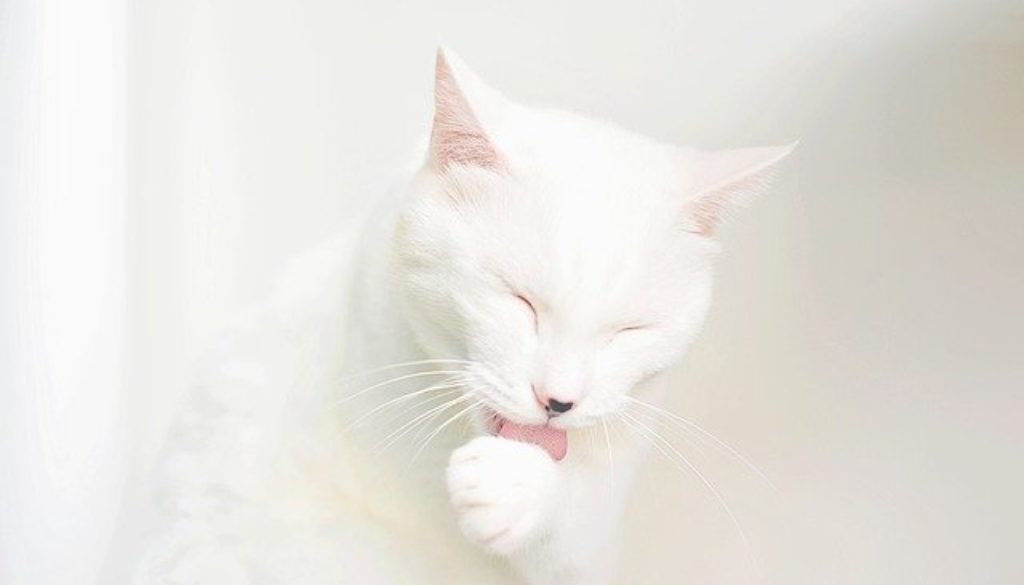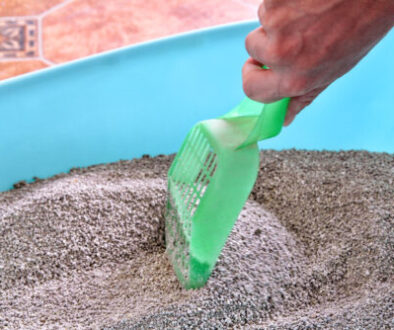Hairballs! Which animals get them, and what do I do?
Where do hairballs come from? Normal in cats, hairballs occur by ingesting their own fur during grooming. What exactly is a hairball? An accumulation of fur in the stomach. While some never have problems, others experience the hair packing itself in along with food, grass, or other small particles.
Since it irritates the GI tract, cats expel the hairball through their mouths, causing an unsightly mess. Once thought normal, hairballs are now receiving more attention as it can block the GI tract and cause infections or even – in extreme cases – death through rupture of the stomach. Most hair passes all the way through without a problem.
What warning signs would indicate a hairball is unable to pass through? Lethargy or a refusal to eat for more than a day, or if your cat acts like she wants to expel something through retching motions, with no result. A veterinarian can diagnose through testing and then most likely treat through laxatives. Cat owners should always let a veterinarian prescribe and perhaps administer laxatives, though.
Although most common in cats, rabbits and ferrets can have issues with hairballs as well. Occasionally cattle experience difficulty because they cannot cough up or digest them. Hairballs in dogs are rarer – and dangerous.
For rabbits, hairballs can cause a more serious issue as they cannot vomit. With their sensitive GI tract, immediate veterinary treatment is necessary or they might stop eating and suffer from dehydration. Prevent it with lots of hay and fiber from vegetables to keep their systems moving. But look for lack of stool production, large amounts of visible hair in stools, decreased appetite, or weight loss as potential warning signs.
To prevent or minimize hairballs, groom your cat regularly, especially those with longer hair. To avoid hairballs forming due to dehydration, ensure your cat has access to plenty of clean water every day. Offering catnip or cat grass will provide extra fiber, which helps keep their systems moving. Some have advocated for giving pets pineapple juice or papaya enzymes; however, no scientific evidence exists to back up these claims. For those who struggle with lots of hairballs, talk to your vet about additional strategies.



